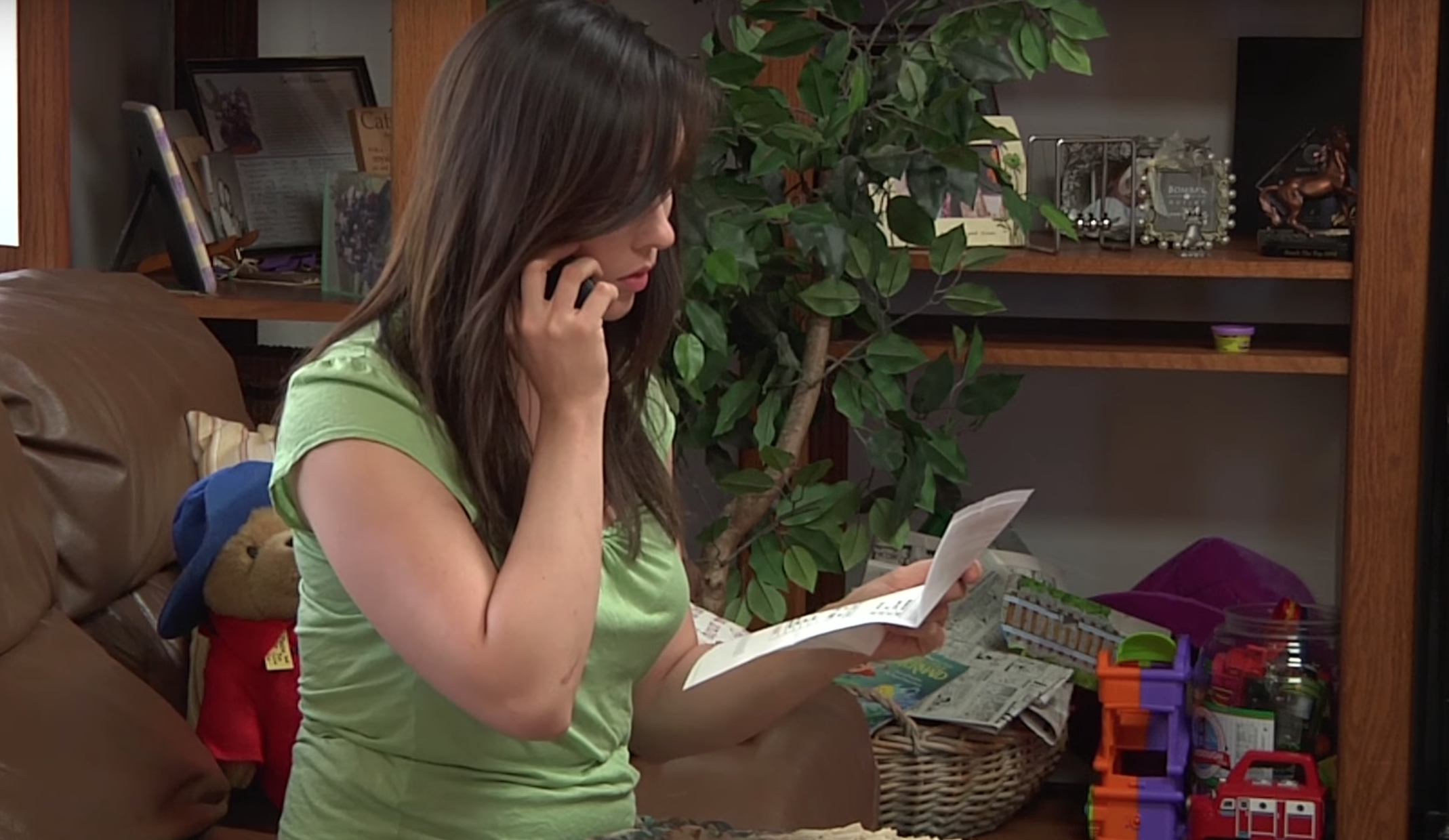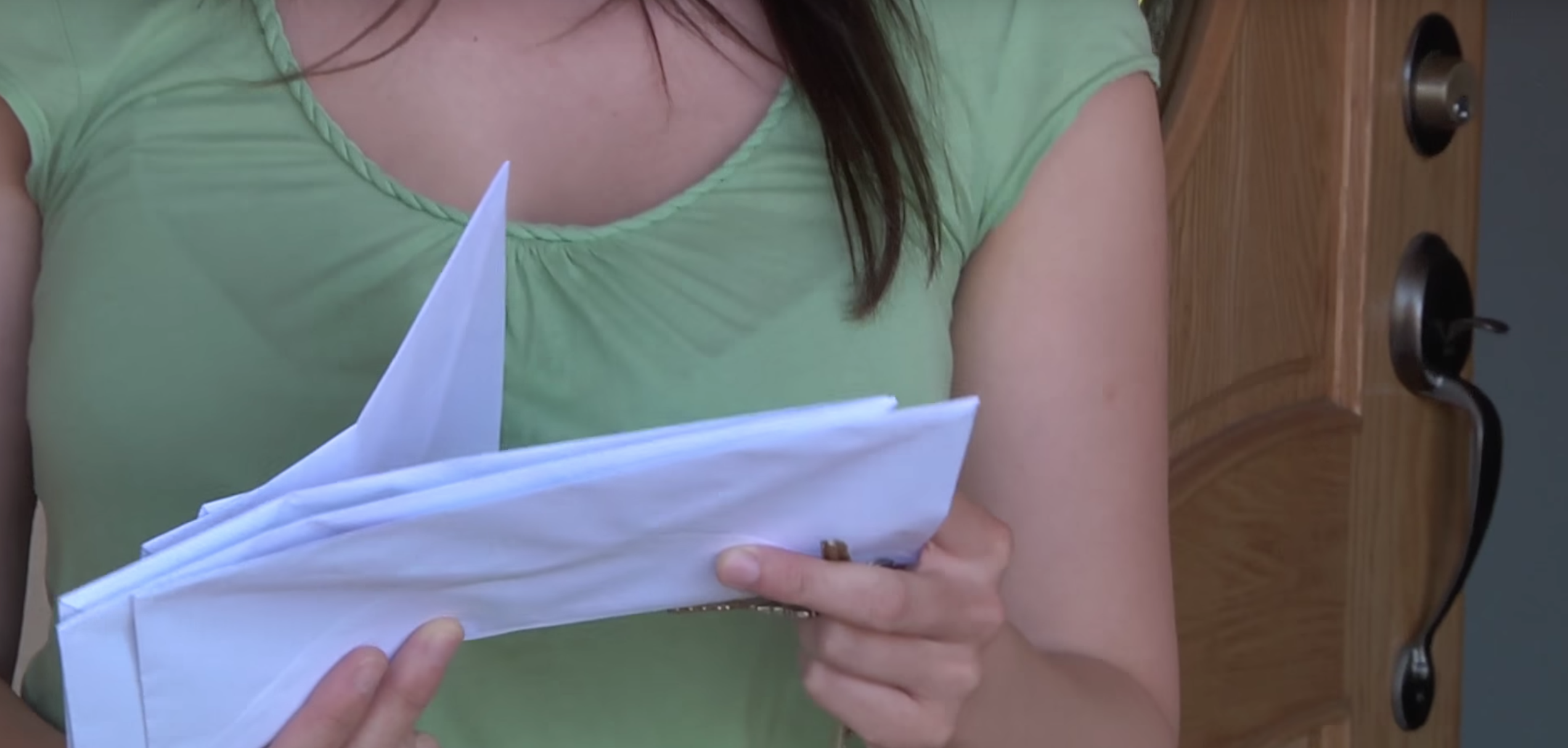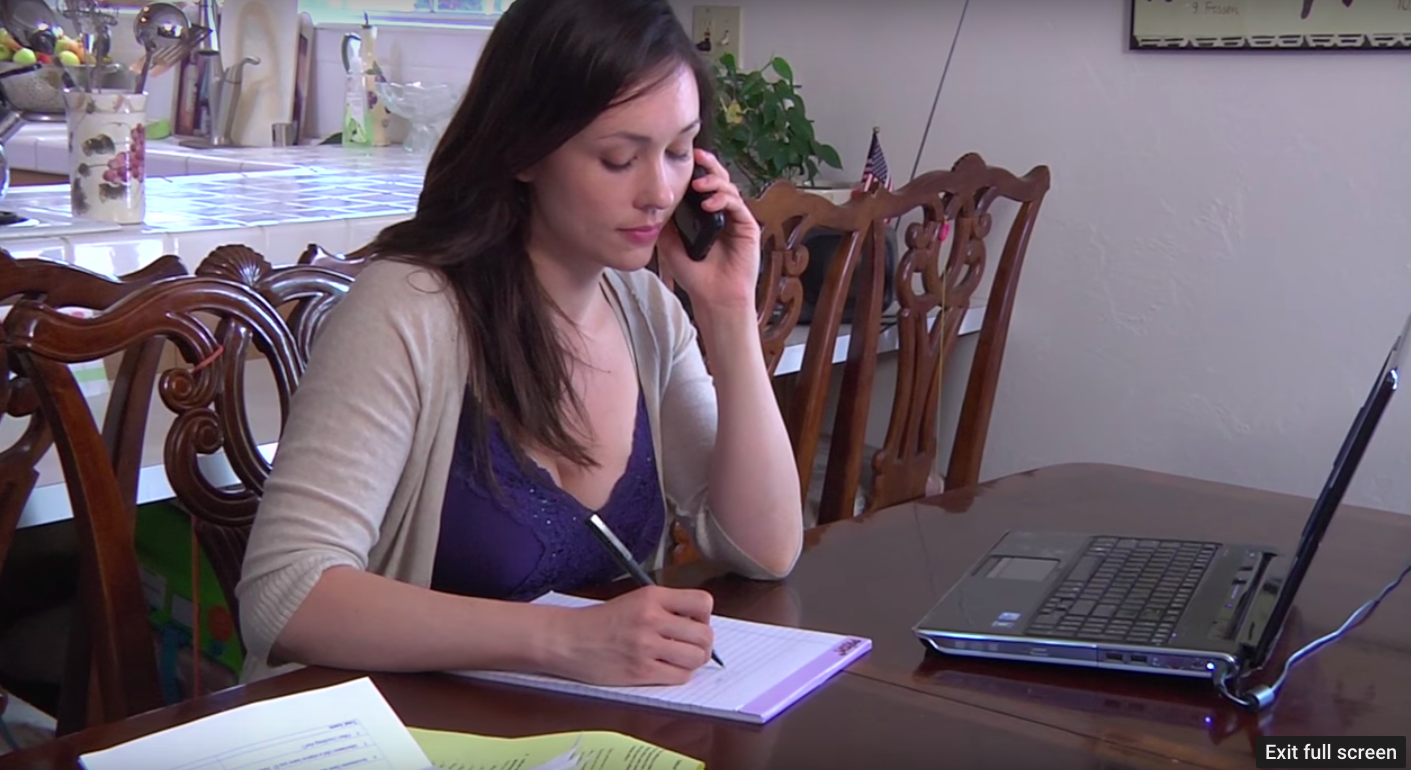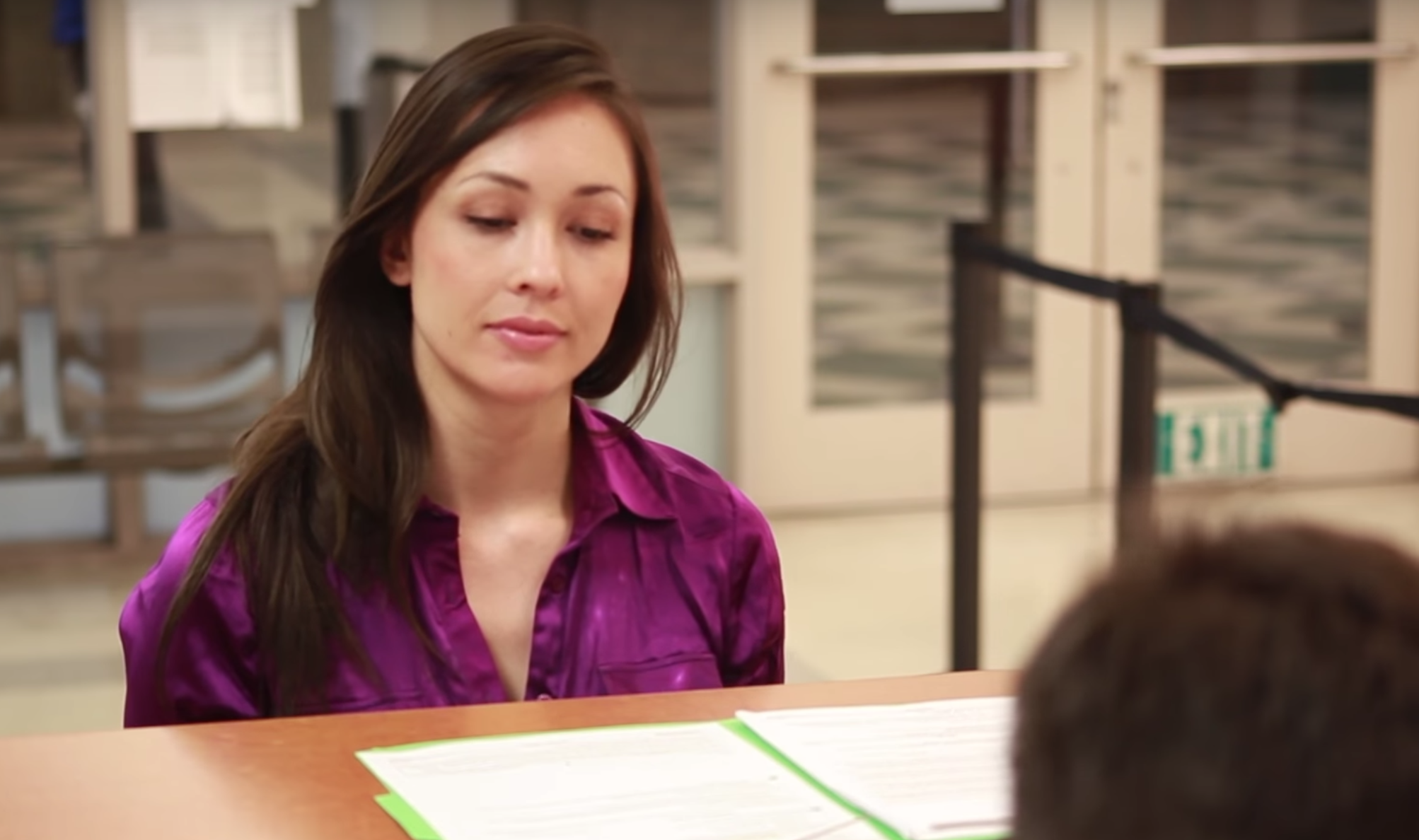Getting Sued for Money
A guide to money lawsuits in VirginiaUse this guide to deal with a money lawsuit.
You may be sued by a person or business that claims you owe them money.
They may sue you in court, to ask the court for a judgment saying that you owe them money and that you must pay them.
Use this guide to understand how the lawsuit process works, and what you can do to protect yourself.
If You Need More Help
Contact your local Virginia legal aid group by calling 1-866-534-5243.
You can also look up your local legal aid group online.
Lawyers can help you understand your options and next steps for your specific situation. Legal aid lawyers provide free help to people who qualify.
Frequently Asked Questions
About what Virginians can do if they're being sued for money
Steps to Follow When You are Sued for Money
For people in VirginiaStep 1:
You Borrow Money from a Creditor
_____
You may have to borrow money from another person or from a business. If you don't pay the money back to them, they may go to court to sue you to try to get the money.
They use a lawsuit to get a court judgment. They can use the court judgment to try to force you to pay the money back.
Step 2:
The Creditor files a lawsuit in court
_____
To try to get a court judgment, the creditor first must start the lawsuit. They do this by filing a civil court action in the Virginia courts.
This is not a criminal process. It is in the civil courts.
In Virginia, a creditor can sue you either in a General District Court or a Circuit Court.
- They can start a lawsuit in a Virginia General District Court by filing a Warrant in Debt.
- Or they can start a lawsuit in a Virginia Circuit Court by filing a Motion for Judgment.
Step 3:
The Creditor ensures the defendant is served
_____
After the lawsuit is filed, the creditor must “Serve” (legally deliver) you a copy of the court papers.
This may be done in one of three different ways:
- Given to you in person, usually by a deputy sheriff;
- Given to a member of your household, usually by a Deputy Sheriff; or
- Posted on your front door and then mailed to you by first class mail.
Court papers can be legally served on you, even if you never actually get them.
Step 4:
Return Date hearing at court
_____
The notice will tell you when your hearing will be, and what other process you have to follow for the court to make a decision. Your case will probably first have a 'Return Date' and -- if you go to the Return Date -- then a 'Trial Date'.
Be sure to go to court at the date and time of your hearing. This is your chance to dispute or oppose the claims of the creditor.
When you come to court for the 'Return Date', be ready for the hearing. When your case is called, you should tell the judge that you are disputing the claim, and that you want a trial date.
If you can’t tell from the court papers exactly why you are being sued, or if you need further information to help you with your defense, you should tell the judge that you want the person who sued you to file a “Bill of Particulars.”
The person who sued you can also ask the judge to make you file your “Grounds of Defense.” This is a statement that you will have to file with the court that explains to the court why you don’t think you owe the money. On the trial date, be sure to bring any papers or receipts that relate to the claim, and any witnesses that can speak for you.
Step 5:
Trial and Judgment
_____
If you have requested a Trial Date, then the court will schedule the trial hearing.
Get prepared for your hearing in advance. Bring papers, receipts, and witnesses that support your case. If a witness doesn't want to come to court, you can ask the Clerk to subpoena the witness.
On the trial date, go to court on time. Be sure to bring any papers or receipts that relate to the claim, and any witnesses that can speak for you.
You don't need a lawyer in General District Court, but a lawyer can help you.
After both sides make their presentations and challenge each other, then the judge will make a decision. If the court sides with the creditor, then it will give them a judgment saying you must pay.
Step 6:
Waiting period & appeals after judgment
_____
After the court makes a judgment for the creditor, they can't try to collect the money right away. First they must wait 21 days after the judgment date.
If you don't agree with the Judge's decision, you can appeal your case to Circuit Court. You must go to the General District Court clerk's office within 10 days of the judgment and file a written Notice of Appeal. You also will have to post an appeal bond, of cash or property, within 30 days for the amount of the judgment and the cost of the appeal.

Video Guide to Getting Sued for Money
For people in VirginiaWatch this short video guide that explains how the court process works when you are being sued in Virginia for money.
This is for people who are facing debt collection efforts, when the creditor (or another group) sues for money.
FAQs about Getting Sued for Money
For people in VirginiaWhere should a creditor file a lawsuit?
You should be sued in one of three different places: the county or city where you now live, or where you incurred (took on) the debt, or where you agreed in writing you could be sued.
However, under Virginia law, you can be sued anywhere in the state, even if you don't live there and had no dealings there.
If this happens, you should ask the court to move, or transfer, the lawsuit to the place where you live.
What if I can't go to my court hearing?
Be sure not to miss your court date -- or request a change of date from the court.
If you can't go to General District Court on the date of your court hearing, you must ask the court for a new hearing date.
This is called a "continuance."
Different General District Courts have different rules for getting a continuance. Talk to your local court about how to get a continuance.
What if I disagree with the lawsuit's claims against me?
You can use the court process to challenge the lawsuit claims.
If you do dispute the claim, you must show up on time on the Return Date listed on the court paper. When your case is called on the return date, you should tell the judge that you are disputing the claim, and that you want a trial date.
If you can’t tell from the court papers exactly why you are being sued, or if you need further information to help you with your defense, you should tell the judge that you want the person who sued you to file a “Bill of Particulars.”
The person who sued you can also ask the judge to make you file your “Grounds of Defense.” This is a statement that you will have to file with the court that explains to the court why you don’t think you owe the money.
On the trial date, be sure to bring any papers or receipts that relate to the claim, and any witnesses that can speak for you.
Do I need a lawyer to go to court?
You don't need a lawyer in General District Court, but a lawyer can help you.
You don't get a free lawyer from the court, because this is a civil court lawsuit (not a criminal one). You can represent yourself in the court.
But a lawyer can help you understand the rules, prepare your arguments, get evidence, and prepare witnesses.
In Virginia, you can find a private lawyer by calling 1-800-552-7977.
Or find a local Virginia legal aid group by calling 1-866-LEGLAID (1-866-534-5243).
Can I appeal a court's judgment against me?
If the judge sides with the creditor, you can challenge their decision.
If you don't agree with the Judge's decision, you can appeal your case to Circuit Court.
You must go to the General District Court clerk's office within 10 days of the judgment and file a written Notice of Appeal.
You also will have to post an appeal bond, of cash or property, within 30 days for the amount of the judgment and the cost of the appeal.
Get More Help
with your legal situation
Find a Private Lawyer: To connect with a private lawyer, call Virginia Lawyer Referral Service at 1-800-552-7977 or go to their website at https://vlrs.community.lawyer/. Some lawyers charge $35.00 for an initial interview.
Contact Legal Aid: You can call the Virginia Legal Aid Hotline 1-866-LEGLAID (1-866-534-5243). This will help you find your local free legal aid group.
If you are in Northern Virginia, seek help from the legal aid group Legal Services of Northern Virginia, visit https://www.lsnv.org or call (703) 778-6800.
If you are not in Northern Virginia, or need to find other groups, you can find a list of Virginia legal aid and help groups here, for more legal and financial assistance.
The information on this page is not legal advice.
Legal advice is dependent upon the specific circumstances of a person's situation. The information on this page cannot replace the advice of competent, local legal counsel.
Before taking action based on the information on this site, first check for up-to-date information with your local court system, and seek the advice of licensed local attorneys in Virginia (or your state).
This platform is not a substitute for qualified legal advice.
Please contact a lawyer in Virginia to help you with your specific situation. You can find a private lawyer by calling 1-800-552-7977 or find a local legal aid group by calling 1-866-LEGLAID (1-866-534-5243).
Money legal problem guides
Do you have issues with debt, wage garnishment, repossession, bankruptcy, or other financial problems? Explore these free Virginia legal help guides.

Collecting Wages
Do you need to get a paycheck or wages that you're owed? Use this guide to find options about how to get payment that an employer hasn't given you.
Wage Garnishment
Are you losing part of your paycheck to wage garnishment?
Use this guide to understand what is happening and what you can do next.
Car Accident Lawsuit
What can you do if a person sues you for a car accident? Use this guide to understand your options about insurance, the lawsuit, injuries, and other problems.
Repossession of Property
Is a lender trying to take property away from you? Like cars, electronics, or other personal property?
Use this guide to deal with debt, default, and repossession?



